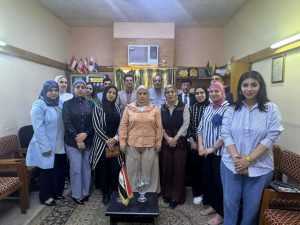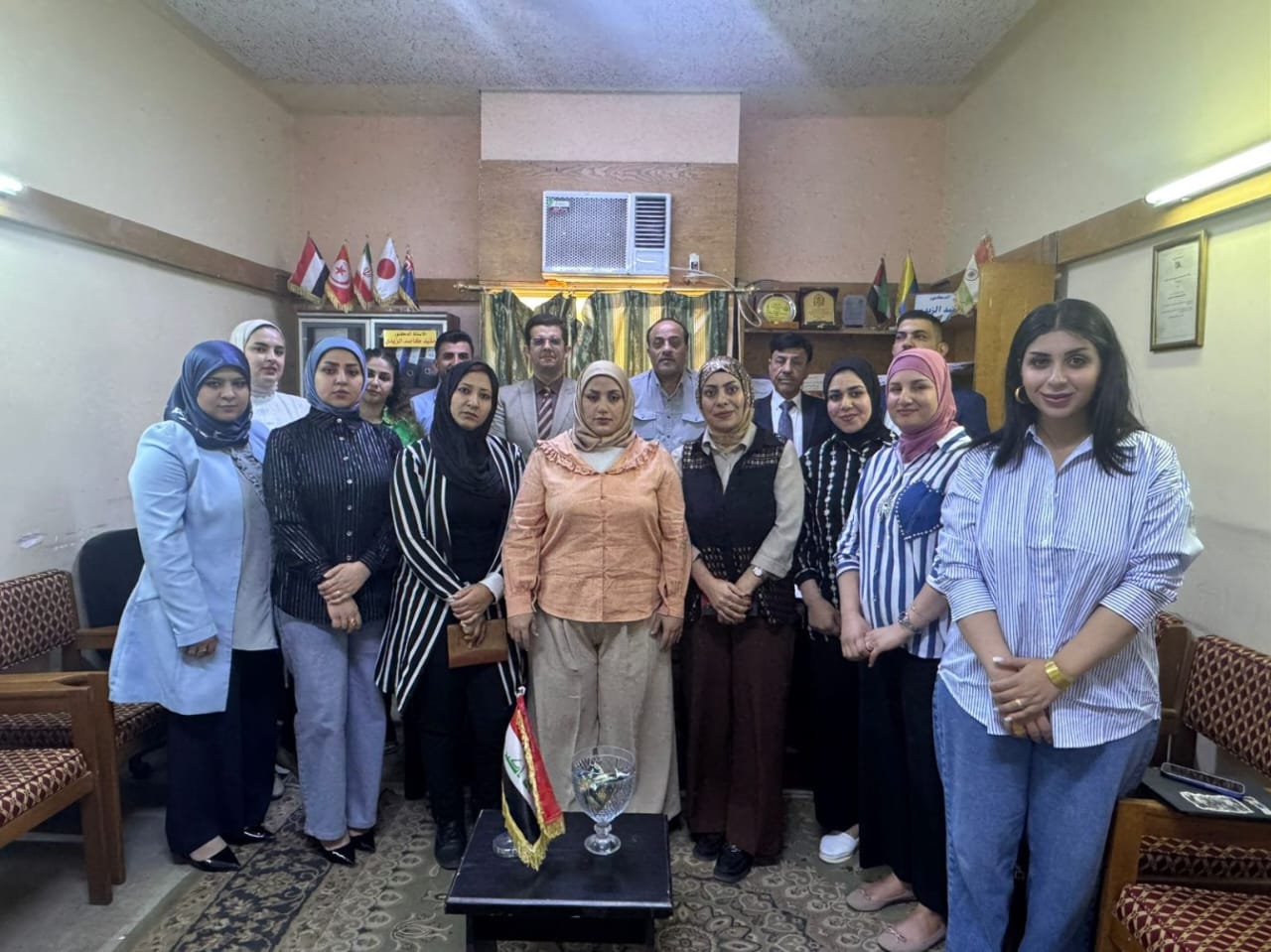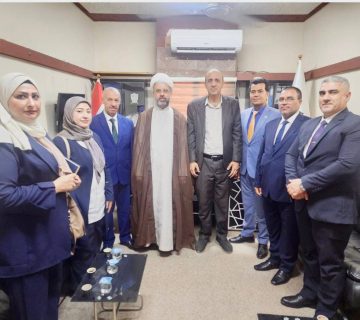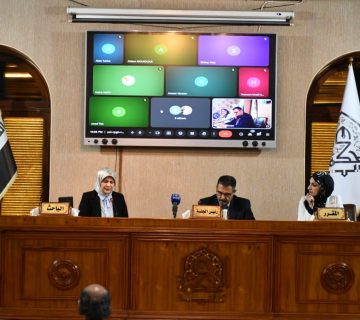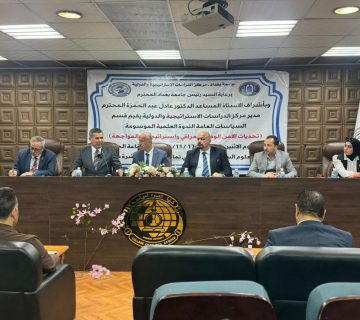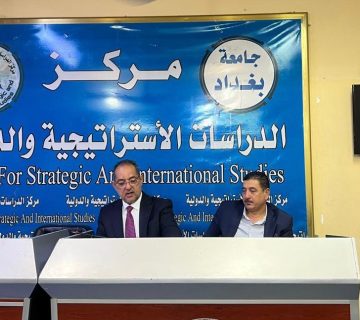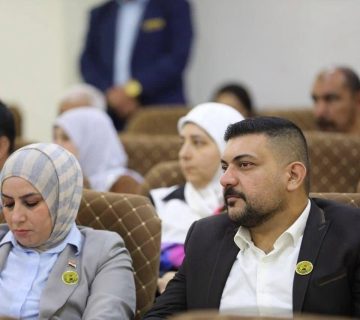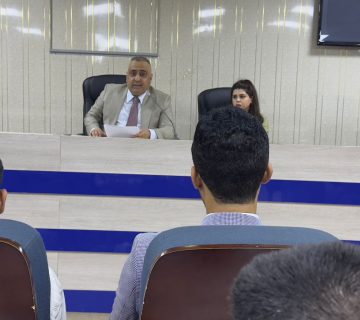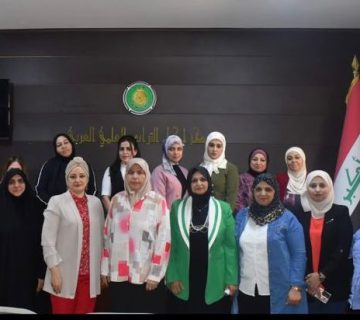The Center for Strategic and International Studies recently hosted a workshop titled “Cybersecurity Challenges in Iraq,” organized by the Department of Regional and International Political Studies. The session was led by Assistant Lecturer Rami Qusay Aboud and attended by several researchers from the department.
The workshop explored the growing cybersecurity threats Iraq faces in the context of rapid technological change and the expanding use of artificial intelligence. Aboud emphasized that Iraq’s current legal framework lacks the strength needed to address these challenges. He also noted that the absence of strong e-governance systems has made both individuals and institutions more vulnerable to cyberattacks—leading to potential privacy violations, data leaks, and the exploitation of national infrastructure.
Participants discussed the need for a comprehensive national cybersecurity strategy, highlighting the role of both legislative and executive bodies in building a secure digital environment. The conversation also stressed the importance of raising public awareness about cybersecurity across government agencies, private institutions, and the wider public.
Among those attending were Professor Dr. Mufid Qasid Yasser, head of the department, Dr. Khalaf Latif Ali, and other scholars affiliated with the center.
The workshop concluded with recommendations calling for the passage of stronger cybersecurity laws and greater collaboration with international experts and organizations. These steps, participants agreed, are essential to safeguarding Iraq’s digital sovereignty.
